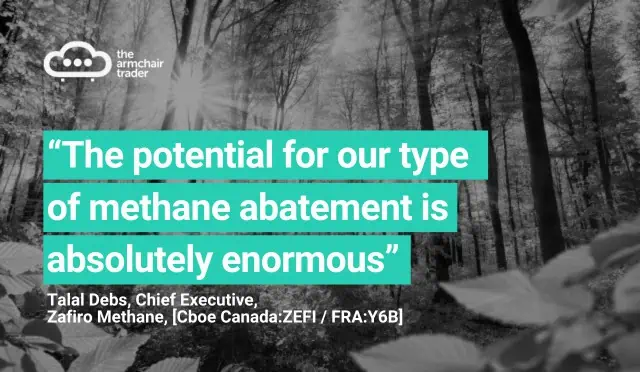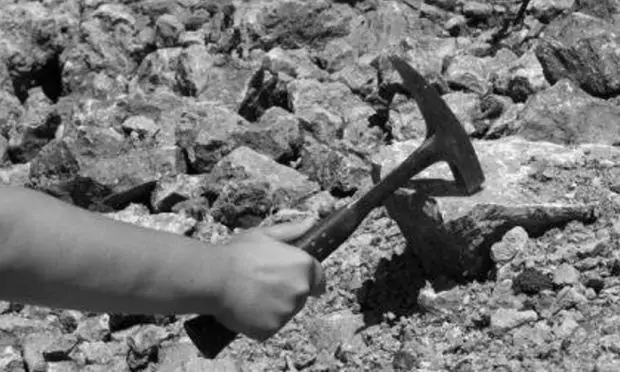You are what you eat, and AIM-listed Camellia [LON:CAM] the ethical, natural food company hopes that investors will start to take this message to heart, and give the Sevenoaks-based company some love.
Camellia published its final results to end-December 2023 on Monday (29th April). The results left a sour taste in investors mouth, but over the longer-term, given the global concerns about food security, the trend towards ethical sourcing and healthy-eating the longer term prospects for this food ingredients company look appetising.
- BigBlu expects to deliver further returns from Australia operations
- Michelmersh building sustainable returns one brick at a time
- Angling Direct reels in profits after tough year: eyes £100m revenue
Although the latest results seem undercooked, this stock might be a slow burner, one you put on the hob and let stew away on a low flame to enjoy at the end of the day.
Camellia has faced a challenging year
Camellia has been trading on AIM for 10-years, and primarily invests in agricultural businesses in Africa, Asia and South America. The company’s primary crops are tea, fruits and nuts. Secondary crops include forestry, arable, rubber, and wine grapes. Camellia also has two subsidiary companies in the UK which are engaged in engineering and luxury tea marketing.
- Stock recommendations by Bridgewise. Try a free trial of Data+ for a deeper look.
The core of Camellia’s revenue is that British staple, tea, which accounts for around 80% of the company’s turnover. Camellia invests in tea estates in India, Bangladesh, Kenya and Malawi, producing over 70 million kilos of whole leaf and processed black tea and a small quantity of green tea. However, tea, like most agricultural produce, is cyclical and prone to the vagaries of climate, so Camellia has diversified into other crops, with its other leading lines being macadamia nuts, avocado, apples and pears. The company also has growing interests in grains, livestock, forestry (mainly eucalyptus and pine) and natural rubber.
The company also owns subsidiary AJT Engineering, specialising in the repair and manufacture of blow out preventers, offshore equipment, metal finishing services and maintenance for the onshore hydroelectric sector.
It’s been a challenging year for Camellia, which given its sector is having to deal with climate change, and supply chain disruptions. That said, Camellia still reported revenues of GBP272.3 down 8.4% year-on-year with tea being the main loss-making operation, changing a GBP15.5m profit in 2022 into a GBP5.6m loss for the year ending December 2023.
Improved fruit quality and higher export volume
Although Camellia saw tea production rise 6% y-o-y, what impacted Camellia was the fall in global tea prices and rising wages which saw a GBP9.8m fall in tea profits. Combined with increased competition and cost-of-living pressures, adding another GBP1.9m in losses the tea business was weak. However, on the flip-side, no doubt driven by the nation’s growing love for smashed avo’, Camellia experienced a doubling in trading profits from avocados, despite a lower wholesale price, something management attributed to improved fruit quality and higher export quantity.
It’s been a really tough time in the agricultural sector globally, but the issue of food security is becoming more critical, as outlined by Light Science Technologies [LON:LST] CEO, Simon Deacon earlier this month. Byron Coombs, Camellia’s CEO said: “The primary agricultural industry is always challenging, but the last two years have been particularly tough […] Whilst our shareholders will appreciate it is still too early in the season to make firm predictions, we currently expect revenues for 2024 to be marginally above 2023, but the adjusted loss before tax is expected to be significantly higher than that of last year.”
He explained that Camellia was looking at improving its operations and selling out its non-core businesses and pruning loss-making entities. Camellia opened the week at 4,480p, only 7% behind where it was this time last year and 6.5% down year-to date. The company’s shares have ranged between 4,048p and 6,300p over a 52-week period, and the company has a market capitalisation of GBP127.6m.
A compelling value opportunity?
Given the rather gloomy report that Camellia released on Monday, it’s a tough case to make for investment. However, the company is sitting on GBP26m of cash and has relatively low borrowings for the sector of GBP10m and a portfolio of investments with a fair market value of GBP38m. The company is also not slow to react, divesting from its UK-based Bardsley fruit business at the beginning of the year and removing the drag that the fruit producer was having on group revenues.
On a thematic basis, along with the energy transition story, technology, and healthcare; food security is becoming a critical issue. Camellia has to go away, lick its wounds and decide what it is going to do next, but as a long-term investment on a thematic basis, food will become a key sector in the coming decade – as evidenced by billionaires across the world snapping-up any available agricultural land. Pre-Covid Camellia was threatening to break through the GBP125/share level and although it has a long way to climb back, today it could well be a compelling value opportunity.














